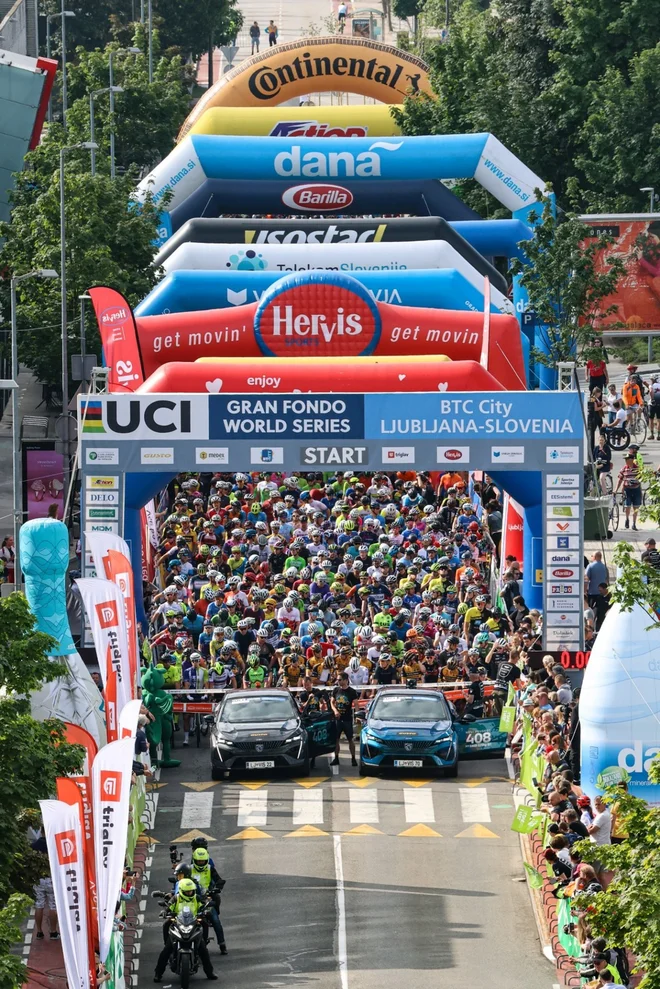Building in Stockholm starts Polish trade union club

Marek, who is really called something else, works at a company in the construction sector. In fact, the employer has three different companies, where two of them have a collective agreement. Marek is employed in the third, with worse pay and conditions than the others – despite his many years of professional experience.
Recently he visited Byggnad’s newly started trade union club for Polish -speaking construction workers. There, Marek realized that he had been deceived that his employer consciously rounds the rules.
He contacted his manager and asked that he and his colleagues also get the same rights as Swedish workers.
The answer: You don’t have to get into work on Monday.
– It’s a very big stress. I have a family to support but have decided to fight, says Marek.
The company has subsequently notified termination due to lack of work. The notification applies to a single person.
Emmelie Renlund is Regional secretary at Byggnads Stockholm-Gotland and one of the initiators of the new clubs for Polish, Russian and Spanish-speaking construction workers. She thinks Marek’s case is typical.
– If they start to make demands, the employer wants to get rid of them, she says.
The construction industry has been identified as one of the industries where working life crime is most common. It is not uncommon for the utilization of foreign labor.

– Companies use the ignorance of how the Swedish model works. But the employees are also frightened. Employers say that if you talk to the union, it will be a single ticket home. We notice this when we are out in workplaces – they are terrified, says Emmelie Renlund.
The model with language -based Trade union clubs are taken from Denmark. The purpose is to break the barrier and inform about the rights the foreign workers have. At the first meeting of the Polish club, some 40 people showed up, including several Polish-speaking Ukrainians.
One of the fire souls behind the venture is the construction worker Pawel Zajdel, who has lived in Sweden for almost 20 years. He has had enough of his countrymen, and colleagues with other nationalities, being used.
– It’s enough now! he says, and dreams of his fist.

– I am pissed that the rights that your ancestors were struck for do not apply to us. It’s not okay. We have to fight together to get the same rights, Pawel Zajdel continues.
A phenomenon that Make the construction industry extra exposed to rogue players are the long joints of subcontractors (UE LEDs in professional language) that may occur.
At the building in Ursvik, where The tragic elevator accident took place just over a year ago, a total of 119 contractors had worked in the project, according to Byggnads.
The union has as a requirement in the contract movement that a maximum of two UE LEDs should be allowed, which the construction companies have opposed. They recently went out in a Debate article and criticized the trade union’s demands.
However, there are companies that are already applying this model, where critical votes are raised against the industry organization’s position.

– We are strongly annoyed that the construction companies have been out and acted on this issue without talking to us or investigating how the system works, says Lennart Weiss, commercial director at Veidekke Sweden.
Veidekke has drawn the limit at two UE LEDs in Sweden since 2016, and last year the construction giant Peab did the same.
The CEO of the Construction Companies Catharina Elmsäter-Svärd thinks it is good that large players take power against cheating entrepreneurs, but do not want to see regulations on how long the UE trail may be.
– I do not think that you solve all problems by setting a restriction through legislation or requirements. It must be up to the companies themselves. Many smaller companies depend on specialists, she says.

Elmsäter-Svärd believes that the solution to the problems is instead spelled better control tools and more government cooperation.
– Both we and Byggnads want to access those who cheat systematically and create an unhealthy competition. But will we get rid of the criminals if we limit the UE joint? No, we don’t think so, she says.
Back to them Polish construction workers’ struggle. According to Lennart Weiss, there is a « hundred percent relationship » between companies that put in systems to use foreign labor and cheating.
-If you limit the number of UE LEDs, it will be easier to make checks and remove the real bottom scrap, he says.
He thinks that the industry should have consensus on this issue, and questions that a limitation would adversely affect.
-How can it be cheaper to implement projects if you have five UE LED where everyone should make money? It is contrary to common sense.







